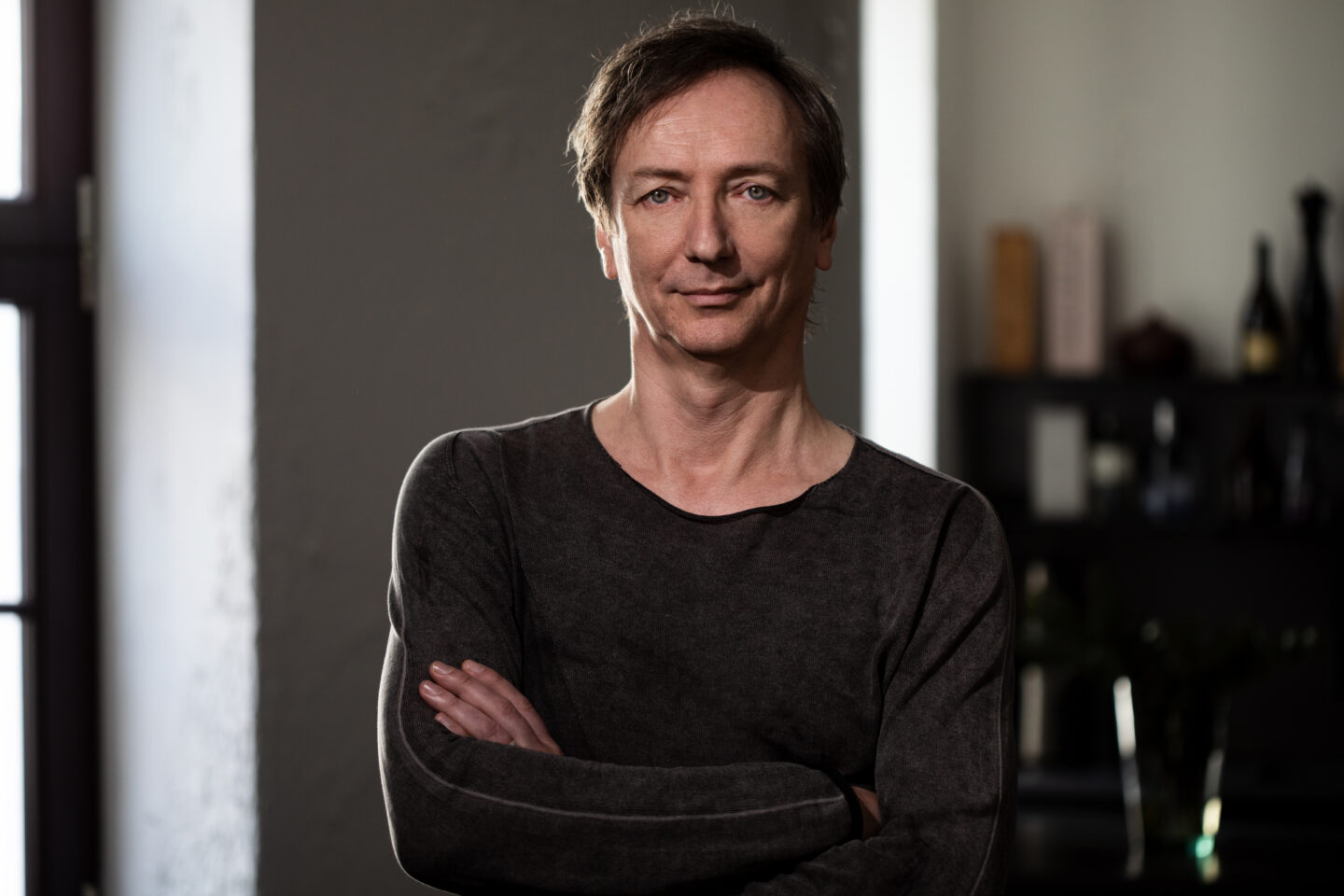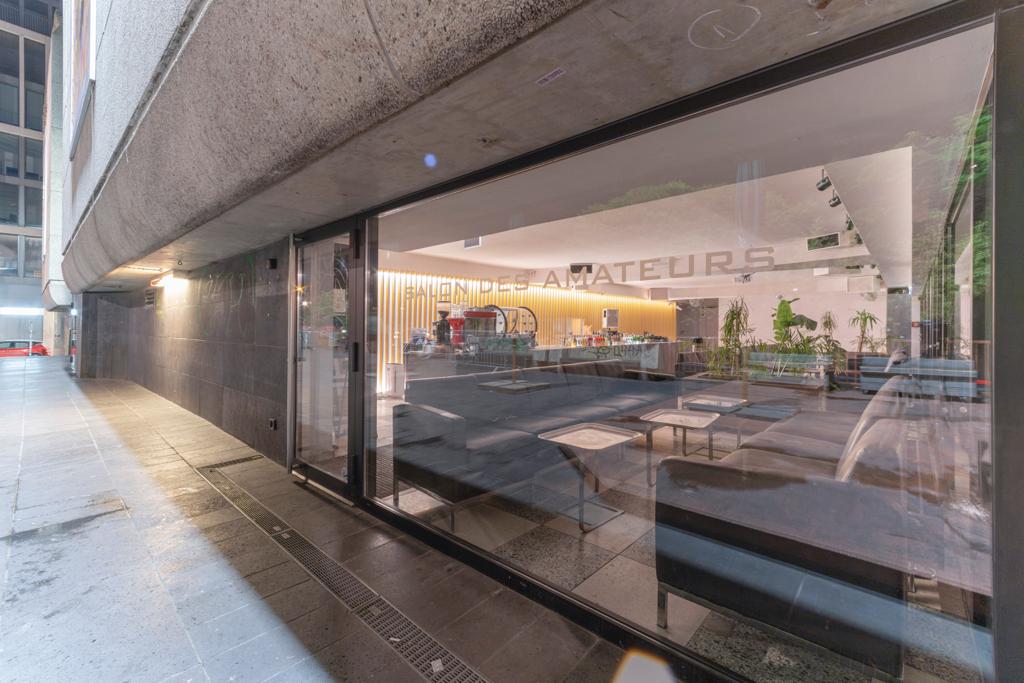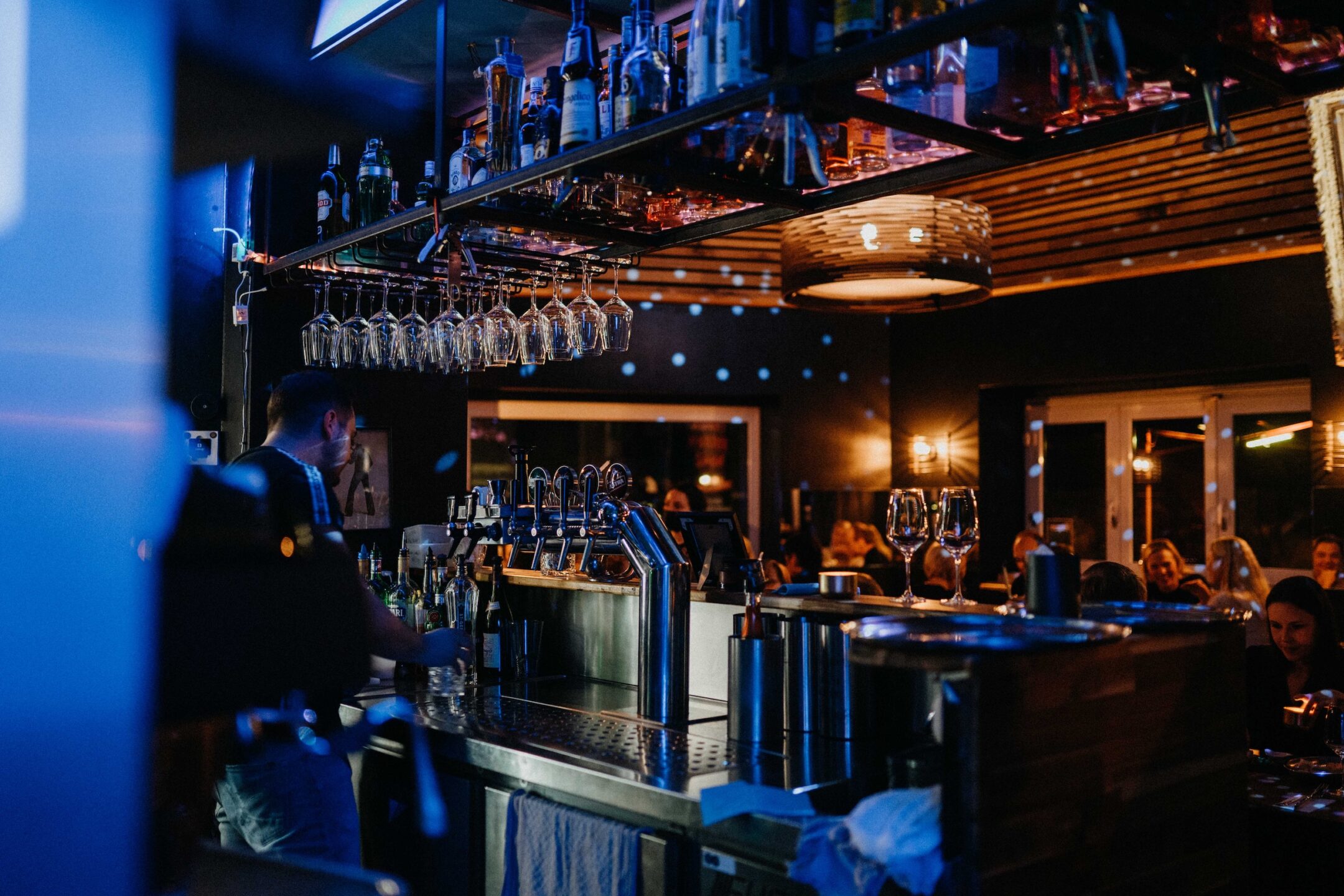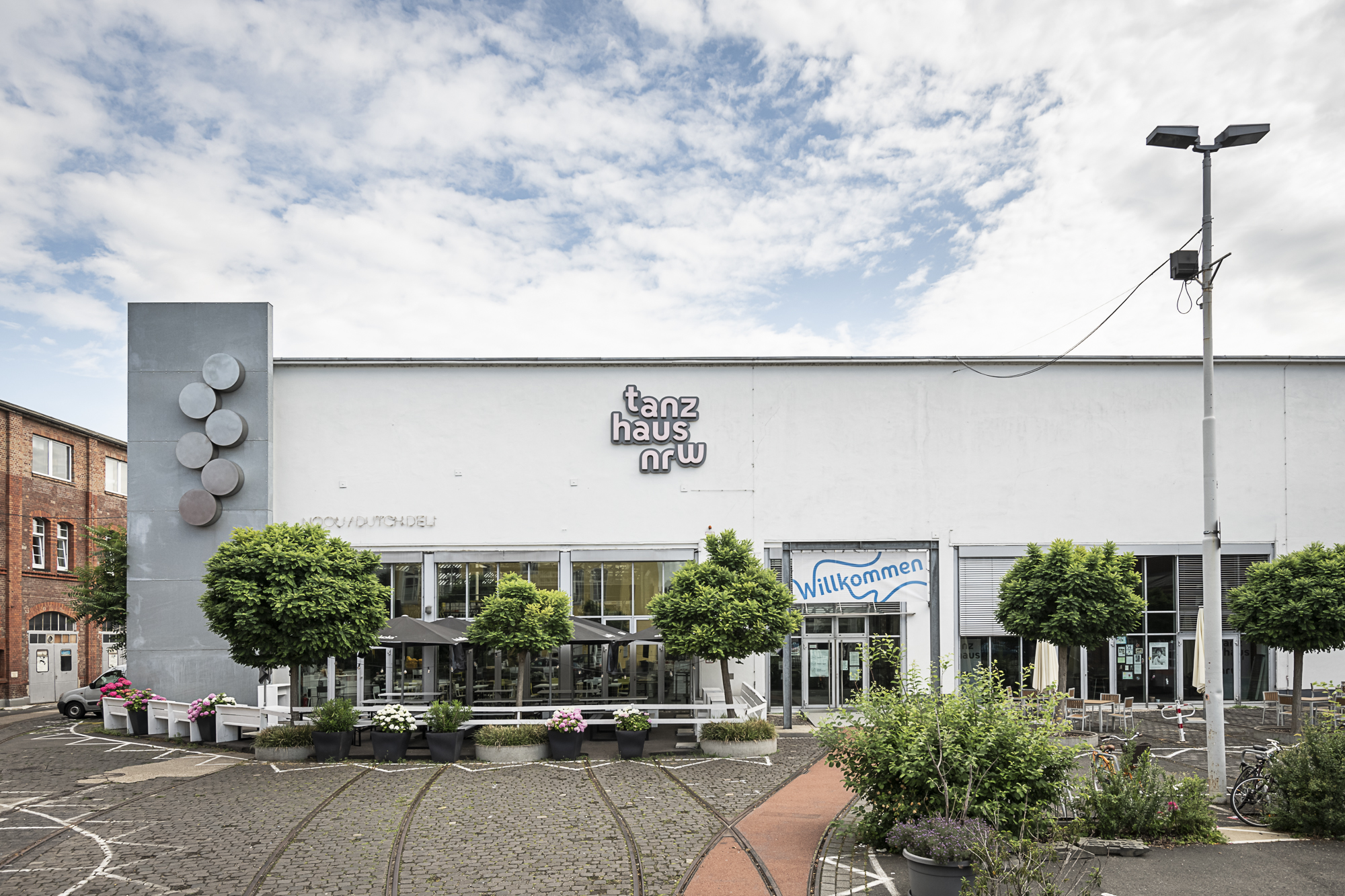Composer Volker Bertelmann on the “Head and Heart” of Accessible Art


As part of our new series, Düsseldorf Talks, we talk to people from the arts and cultural scene who have a personal connection to Düsseldorf about their ties to the city, and together we take a look at inspiring, beloved, and frequently visited places in Düsseldorf.
Words: Annalena Roters and Chris Erik Thomas.
For Düsseldorf-based composer, pianist, and producer Volker Bertelmann, music has always been a constant source of inspiration. After discovering the joy of playing piano at the age of eight during his church’s Christmas program, he began classical piano training. Decades later, the musician — who also works under the alias Hauschka — has become a prolific German composer with over a dozen albums and contributions to a steady stream of film scores.
Most recently, Bertelmann has come under the spotlight for his work on the score of the German anti-war drama “All Quiet on the Western Front,” the critically lauded adaptation of the famed 1929 novel by Erich Maria Remarque. Since its release last year, the film’s unique soundtrack — and, particularly, Bertelmann’s use of his grandmother’s old harmonium — has brought fresh acclaim to his work and major awards recognition. Just weeks after winning the British Academy Film Award (BAFTA) for Best Original Score, the composer may be on the verge of winning his first Oscar on Sunday, after previously being nominated for the 2017 film “Lion.”
Long before the composer rose to fame for his musical prowess, Bertelmann was born and raised in the Siegerland region. After spending some years in Cologne, he moved to Düsseldorf in the 90s and, after various music projects that included a hip-hop group, concentrated on the piano. In order to alienate and expand the sound of the instrument, he worked with everything from felt and adhesive tape to aluminum foil and bells. By interfering with the mechanics of the instrument, a percussive sound is created, which in part is reminiscent of electronic sounds. With such a mastery of the instrument, Bertelmann has integrated the action of preparing the piano into his concerts, turning it into a performative act that can be witnessed live by the audience.
In addition to his experiments with the piano, the composer has developed orchestral works, founded the Approximation Festival, and continues to produce film music. Working on his multifaceted oeuvre in his Düsseldorf studio, he often finds inspiration in his exchange with the local art scene and other artists. For our Düsseldorf Talks series, we caught up with the artist to discuss his connection to the city’s cultural scene and his favorite spots in the city for nature, art, and culinary delights.

Image courtesy of Salon des Amateurs. Foto: Stephan Machac.
What does Düsseldorf mean to you in terms of music? What inspiration have you found here?
For me, the exchange with other people is important. I have met inspiring musicians and artists here from the very beginning — musicians with the most diverse backgrounds. But also, the exchange with the art scene is a very big source of inspiration for me. I think we have to experience and feel versatility over and over again in order to actually put it into practice. Music alone is not enough. Inspiration from other genres and through other artists is essential.
Cities have very different sounds. How would you describe the sound of Düsseldorf?
The sound of Düsseldorf is very difficult for me to define because there is a lot of different music in Düsseldorf that is successful. Die Toten Hosen are from Düsseldorf, but also Kraftwerk or Kreidler, Stabile Elite, Stefan Schwander, etc. There are different individualists that make up the city’s sound for me.
Music alone is not enough. Inspiration from other genres and through other artists is essential.
There has always been a lot of overlap between the music and art scene in Düsseldorf. Many of the performance artists of the 1960s had a strong musical background, including Heinz Mack on the piano, but there were also synergies later on — like those between the artists and the punk scene in Ratinger Hof. Do you find such synergies and dynamics in the city today as well?
Absolutely! For me, the Salon des Amateurs has always been a great example of the exchange between art and music. It was founded by artists, is located in the Kunsthalle building, and at the same time, it is a club for live acts, avant-garde, and musical experimentation. But bands have also always emerged from the environment of the Kunstakademie, and there have been exciting and creative overlaps.
Do art and the work of visual artists, or the exchange with them, also play a role for you?
Yes, very much. I actually found access to abstract music through art and, at the same time, learned to distance myself from structures that are too top-heavy. Accessible art needs head and heart, as well as distance and warmth; this does not always have to happen in a creative phase but can also take place in the work as a whole. For me, this means that with art that is only abstract, formless, and cold, I cannot form a connection to my existence.
After visiting a museum or attending a concert, where do you prefer to go for a coffee or something to eat?
I love to eat at Bar Olio, Em Brass, or Oktopussy. I also like to go to Klosterstraße for Japanese food. There are several great restaurants there.

Photo courtesy of Oktopussy Restaurant.
This year, within the Solo Projects section, Art Düsseldorf is focusing on artistic works on the subject of sustainability, among other things. Climate protection and sustainability are pressing questions and challenges of our time. For your last album, “A Different Forest,” you were inspired by the forest. How would you describe the relationship between nature and music?
The relationship of nature to music is defined, in my opinion, by the role that man takes on with nature. For me, nature is always a way to step out of my inner structure and obligations and just be. In the forest, I can restructure and rearrange in relation to myself, and I don’t have to do that in comparison to other people.
Which place in Düsseldorf do you particularly recommend to our readers and visitors of the city?
I find the Rhine an immensely important element, of course, but especially the Grafenberg Forest, around the Wildpark. For me, that’s a typical city forest, and I appreciate the cool atmosphere in the summer.
What can you discover there? What makes this place special?
It has a beautiful high tree population, and you can go on very nice walks, but also just short laps. This includes the chestnut avenue with its large old stands where, in the right season, edible chestnuts are collected. A really impressive atmosphere. You just have to find the right time of day.

Image courtesy of Tanzhaus NRW. Foto: Katja Illner.
What are your favorite places for art and music in Düsseldorf?
I like going to the Salon des Amateurs, the Tanzhaus NRW, the FFT, the Kunsthalle, and the K20/K21. But I also love the DC Open Weekends and the Flingern Gallery Weekends. I often find very nice small exhibitions there and can talk to the artists. [It’s] a nice exchange.
What are your further plans and projects this year?
I just finished my album, and it is currently being mastered. The release will most likely be in fall 2023.
I also have several film projects lined up until the end of the year that I’m looking forward to.
Chris Erik Thomas is the Digital Editor of Art Düsseldorf. They work as a freelance writer and editor in Berlin and focus primarily on culture, art, and media. Their work can also be seen in Highsnobiety, The Face Magazine, and other publications.